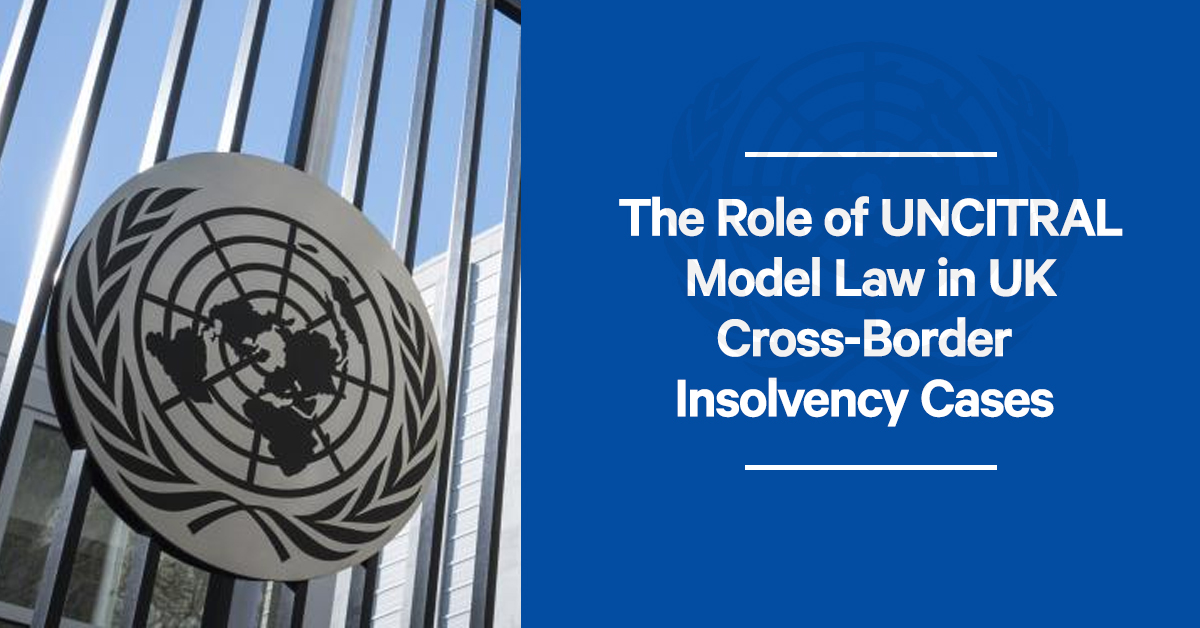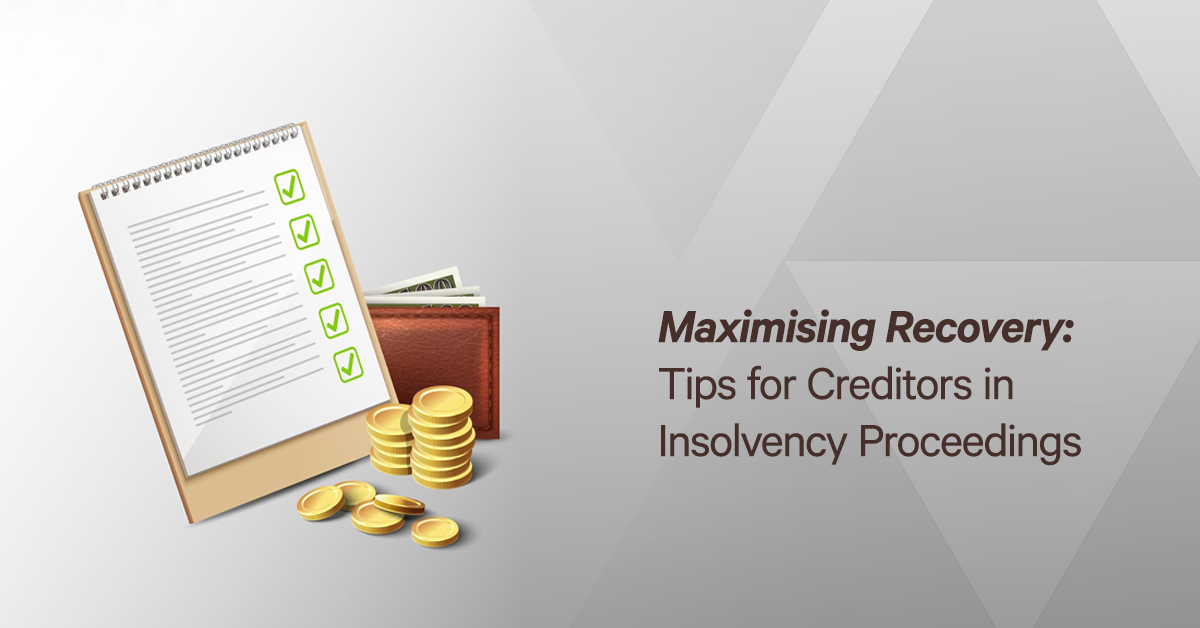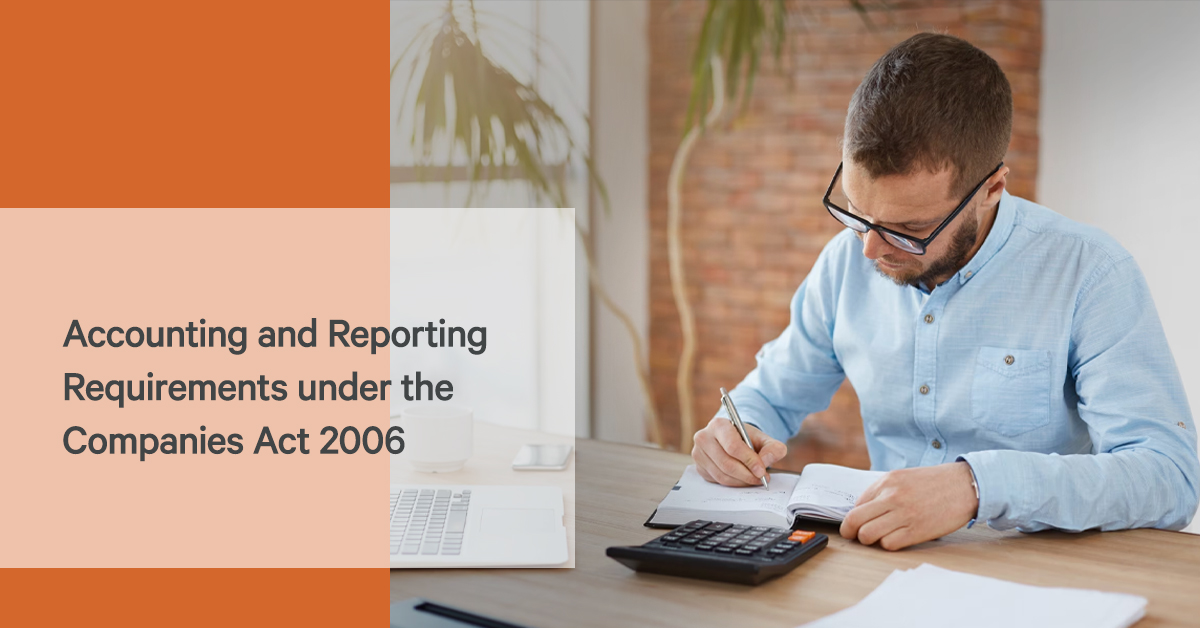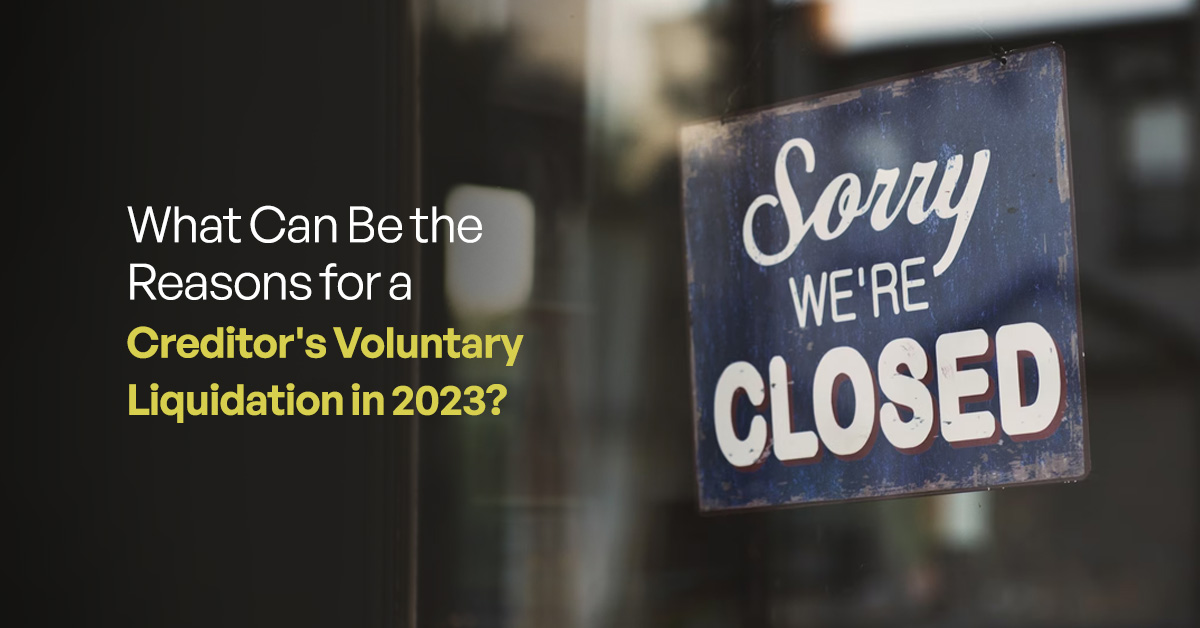Insolvency in the Tech Industry: Navigating Turbulent Waters
The tech industry isn’t just about innovation and excitement; it's also a landscape where the shadows of failure and insolvency loom large. Recent events, such as the bankruptcy of WeWork last November and the collapse of Silicon Valley Bank UK last year, serve as stark reminders of the precarious nature of the sector. These high-profile [...]










